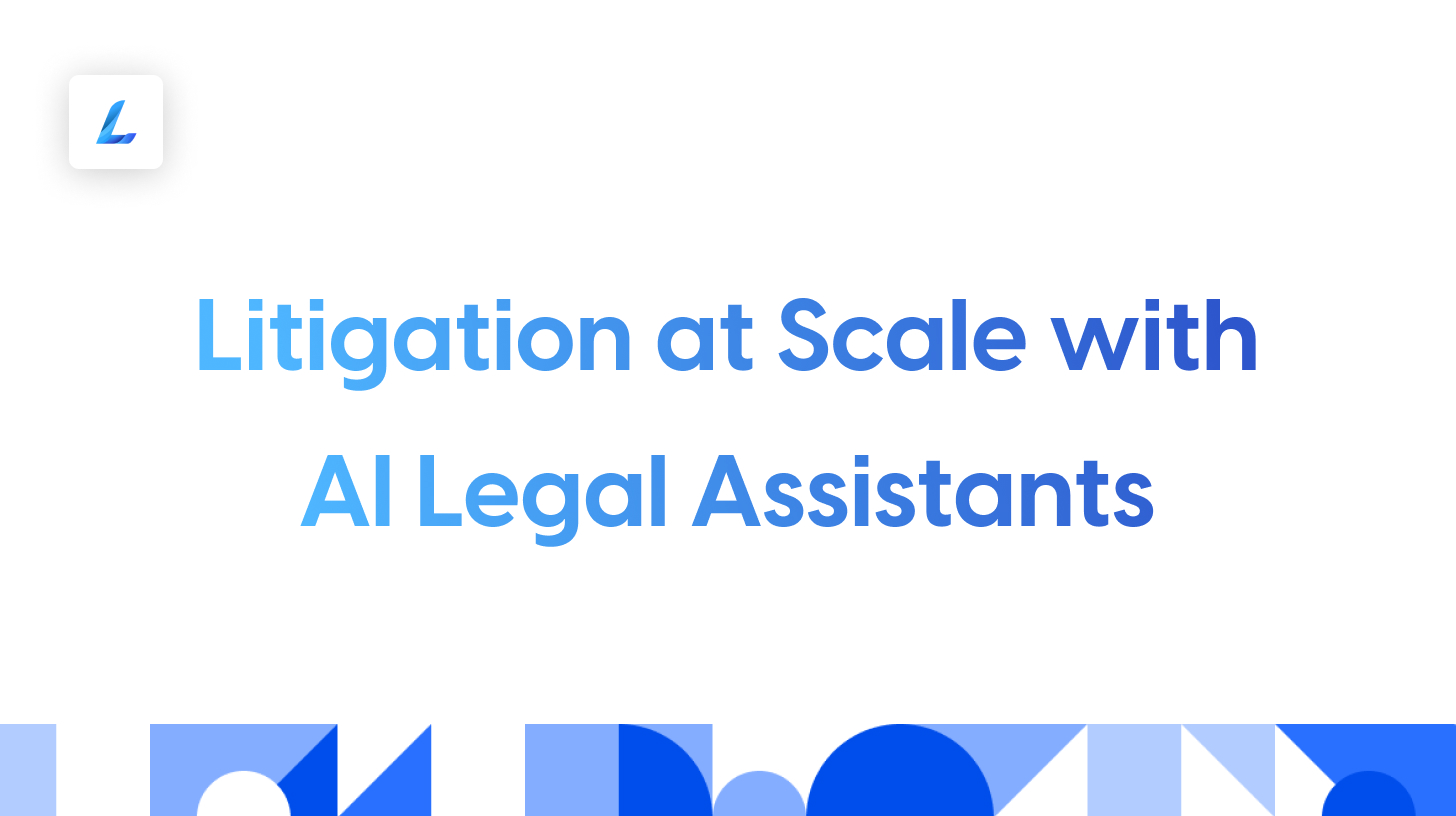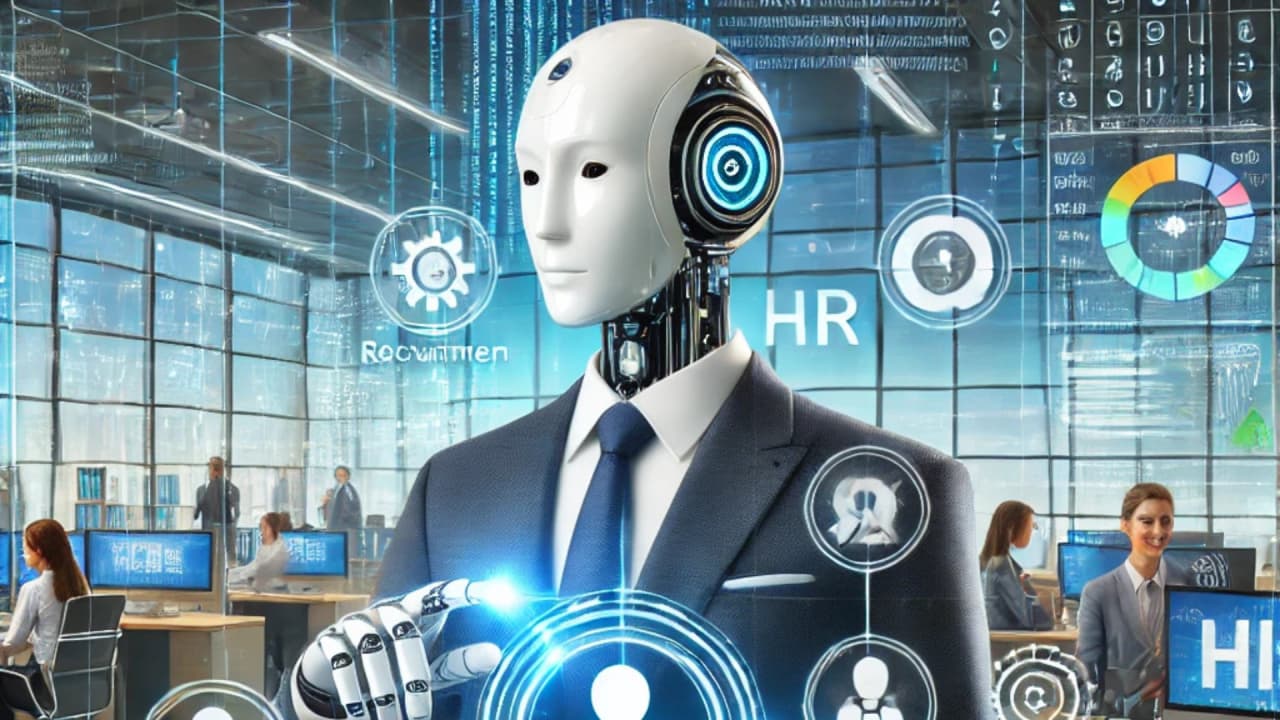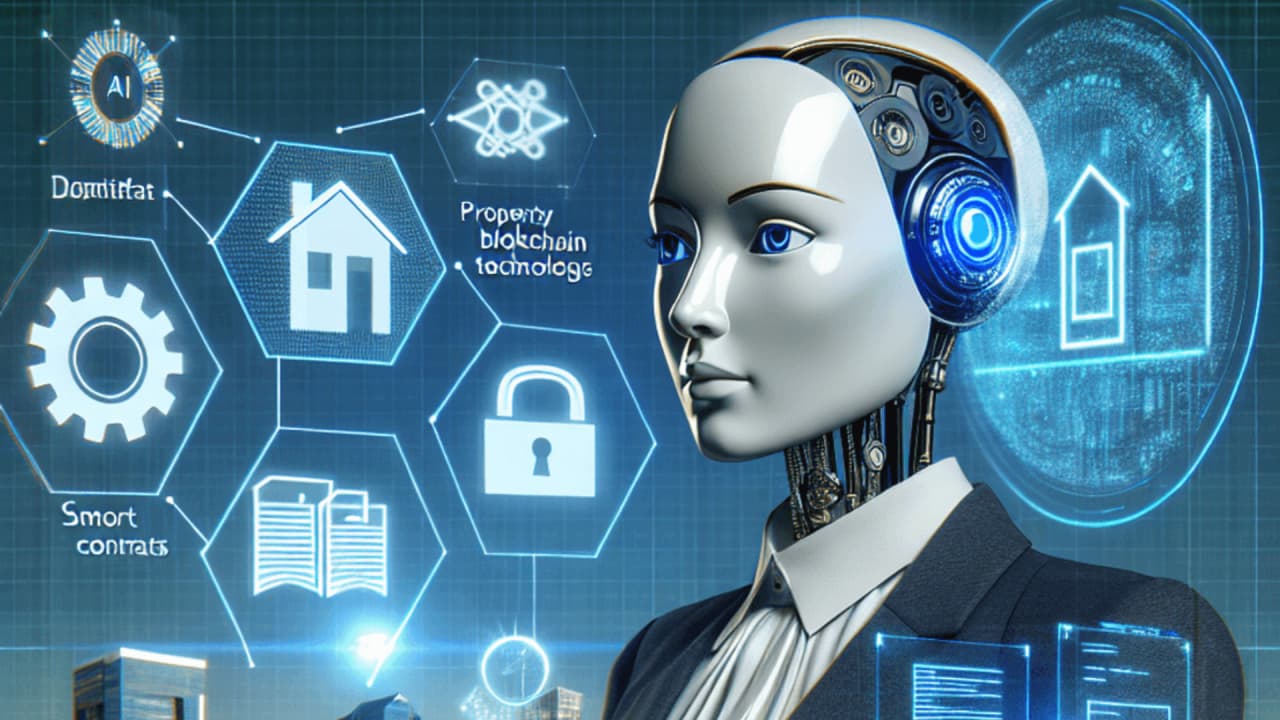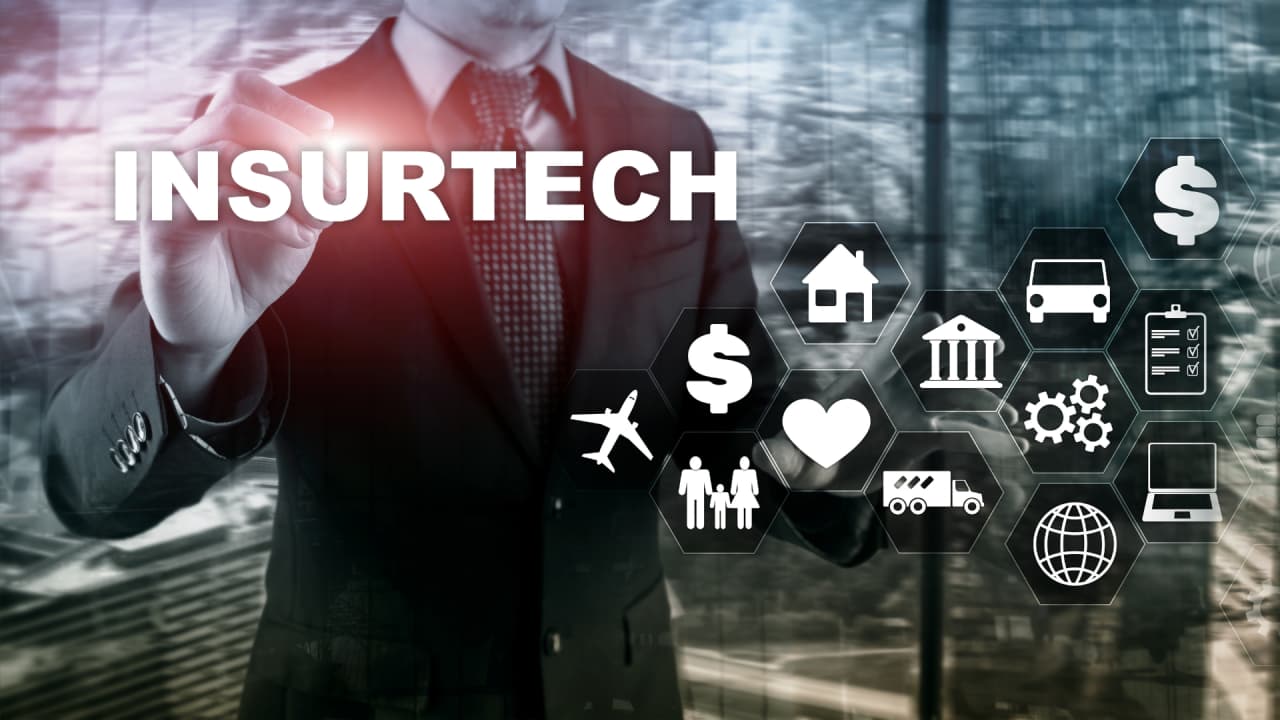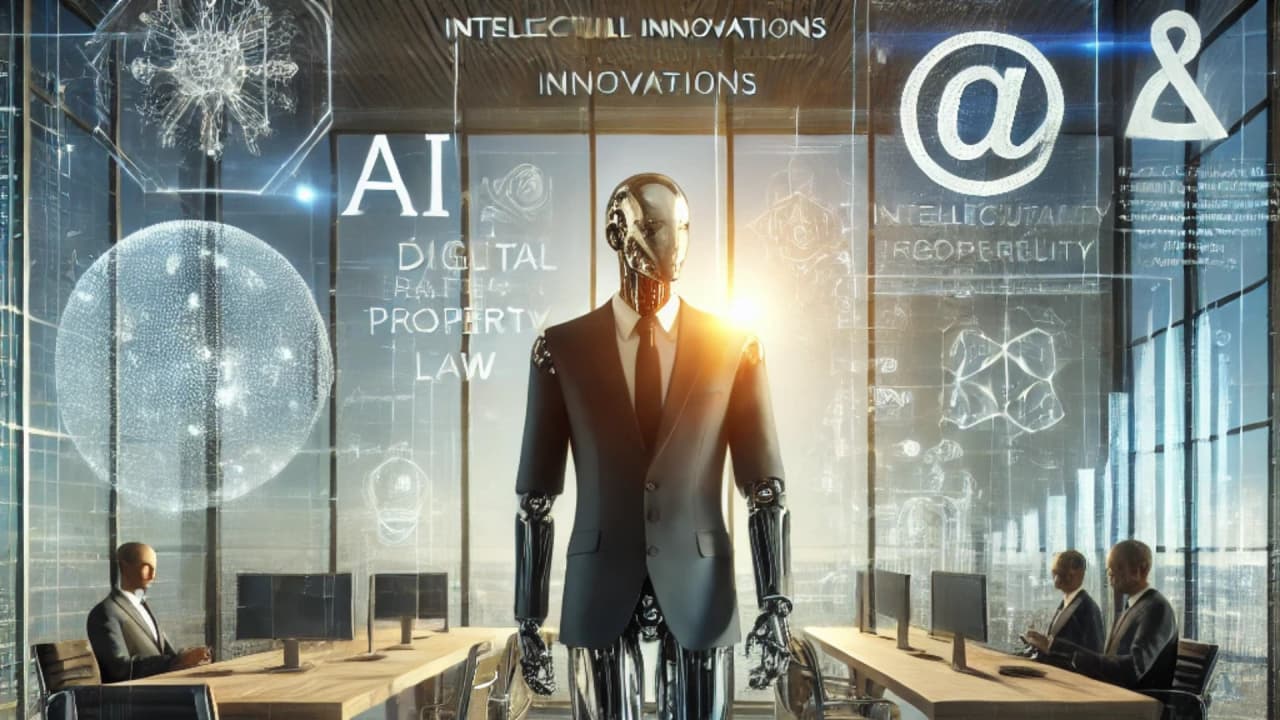Litigation at Scale with AI Legal Assistants: Transforming the Landscape of Legal Battles
Part I: The Complex Landscape of Litigation
Litigation, often referred to as the legal battle in the courtroom, is a complex and intricate process that forms the cornerstone of the justice system. It involves legal action between two parties, seeking resolution to a dispute through the formal judicial system. In this article we look at how to use Legal AI for litigation.
Litigation can encompass a range of issues, from contract breaches and personal injuries to intellectual property disputes and more. Understanding the layers of litigation requires delving into the intricate journey it entails.
Navigating the Litigation Process
- Pre-Filing Phase: The journey commences with the pre-filing phase, where parties evaluate the merits of their case, gather evidence, and assess potential legal claims.
- Filing the Complaint: The plaintiff files a formal complaint outlining the allegations and legal grounds for the lawsuit. The defendant responds by submitting an answer or a counterclaim.
- Discovery Phase: This phase is marked by information gathering, where both parties exchange relevant documents, interrogatories, and depositions to build their cases.
- Pre-Trial Motions: Prior to trial, motions may be filed to seek resolution on certain legal issues or to exclude evidence.
- Trial: The trial involves presenting evidence, arguments, and witness testimonies before a judge or jury, leading to a verdict.
- Post-Trial: After a verdict is reached, post-trial motions or appeals may occur, potentially leading to further legal proceedings.
Part II: Challenges in the Landscape of Litigation
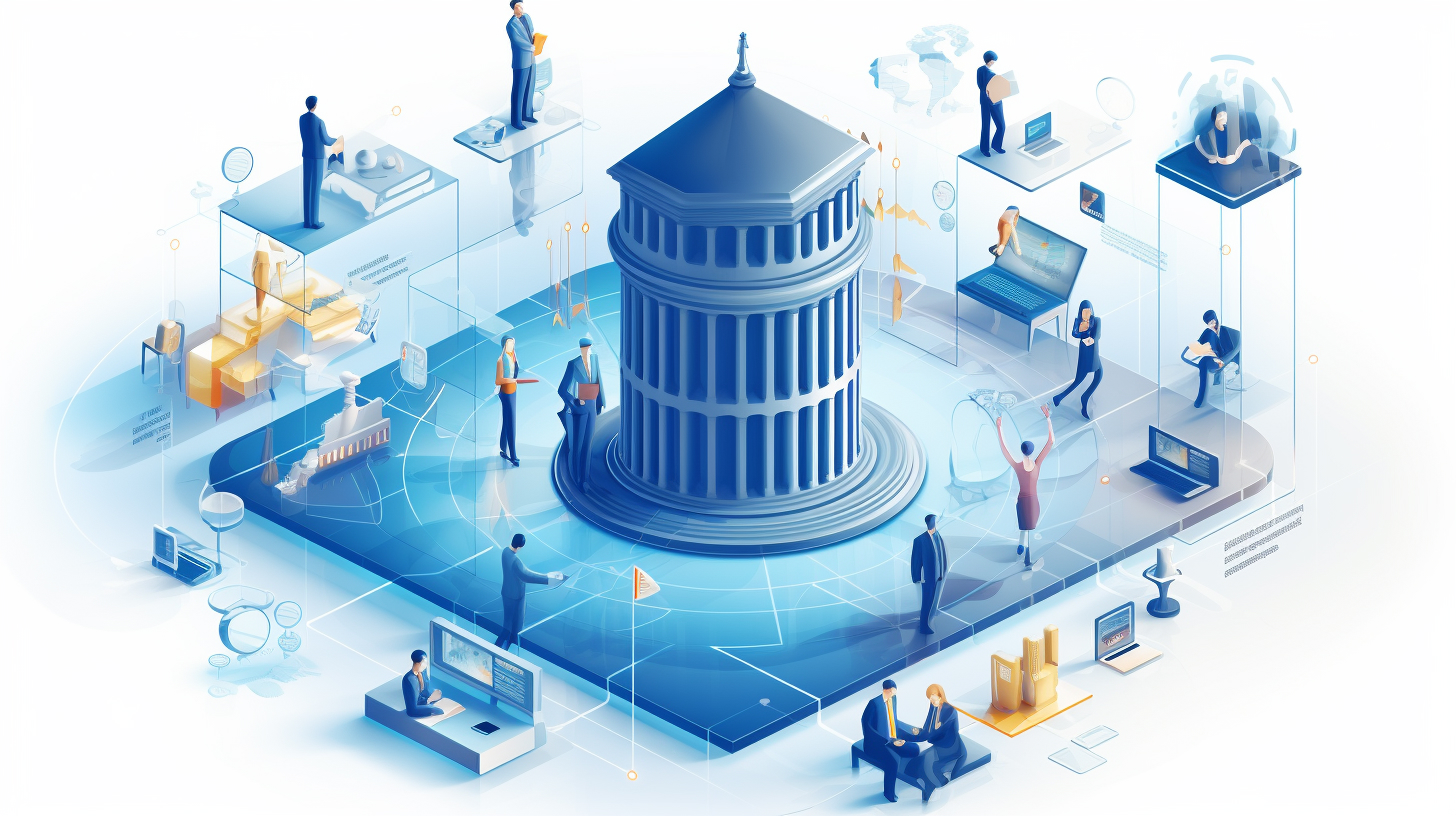
Navigating Legal Complexities
While the litigation process is designed to provide a fair and just resolution, participants often grapple with significant challenges. These challenges include the intricacies of legal proceedings, complex jargon, and evolving legal precedents. Legal research and document preparation can be time-consuming, and the complexity of navigating court procedures can lead to errors that impact the outcome of a case.
Resource and Time Constraints
For lawyers and legal professionals, managing multiple cases simultaneously can be overwhelming, leading to potential burnout and diminished efficiency. The demand for time-intensive research and case preparation often diverts attention from higher-value tasks, hampering the quality of legal representation.
Part III: Transforming Litigation with AI Legal Assistants
The Rise of Legal AI Technology
In recent years, the legal landscape has witnessed a transformative shift with the advent of Legal AI technology. These AI-powered tools harness the capabilities of artificial intelligence and natural language processing to streamline and enhance various aspects of the legal process, including litigation.
Automating Legal Research
Legal AI assists in comprehensive legal research by reviewing vast databases of case law, statutes, and legal documents. AI can identify relevant precedents, cross-reference case law, and provide lawyers with actionable insights.
Enhancing Document Review
AI legal assistants are adept at automating document review and analysis, significantly reducing the time and effort required to sift through voluminous case materials. This not only improves efficiency but also reduces the risk of overlooking critical evidence.
Predictive Analytics for Case Outcomes
One of the most groundbreaking aspects of Legal AI is its predictive analytics capabilities. By evaluating historical case data, AI can offer lawyers insights into potential case outcomes, enabling them to make more informed decisions about pursuing or settling a case.
Part IV: Introducing Legaliser: The AI Legal Assistant for Litigation
Empowering Legal Professionals
Legaliser is a pioneering AI legal assistant that is redefining the landscape of litigation. With a focus on streamlining and enhancing the litigation process, Legaliser empowers legal professionals to navigate complex cases with greater efficiency and accuracy.
Comprehensive Legal Research
Legaliser’s advanced algorithms allow it to conduct comprehensive legal research, extracting relevant case law, statutes, and regulations that can bolster legal arguments.
Efficient Document Review
Through natural language processing, Legaliser simplifies document review by identifying relevant information and presenting it in a clear manner, enabling lawyers to focus on critical aspects of the case.
Data-Driven Insights
Legaliser’s predictive analytics provide lawyers with data-driven insights into potential case outcomes, enabling more strategic decision-making.
Part V: Automating Litigation for a Digital Future
Unlocking Efficiency and Precision
The fusion of AI technology and legal practice marks a turning point in litigation. Legal AI assistants like Legaliser unlock new dimensions of efficiency and precision, enabling lawyers to navigate complex litigation at scale.
Embracing the Future
As legal technology continues to evolve, the legal profession is on the brink of a transformative era. The integration of AI not only enhances the quality of legal representation but also paves the way for a more accessible and efficient justice system.
Conclusion
Litigation, with its intricacies and challenges, is undergoing a paradigm shift with the integration of Legal AI technology. The rise of AI legal assistants like Legaliser heralds a future where legal professionals can navigate complex cases with heightened efficiency, accuracy, and strategic insights.
As AI and legal practice converge, the journey through the halls of justice is evolving into a harmonious symphony of human expertise and technological prowess, ensuring a more accessible and effective legal landscape for all.
